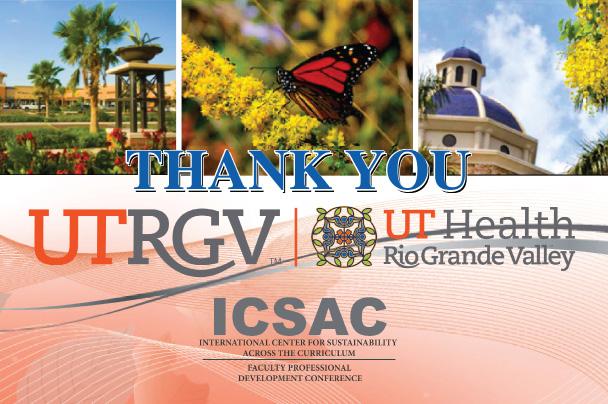










INTRODUCTION
PARTICIPANTS
FACILITATORS
The UTRGV International Conference for Sustainability Across Curriculum (ICSAC) is crucial for building the future of education and the region. Therefore, acknowledging all individuals involved in this effort is of great importance.
First and foremost, the OFS would like to acknowledge and thank Dr. Luis Zayas for his dedication to continuing to provide this development opportunity to UTRGV faculty and for betting on sustainable development.
Making sure all faculty learn about this opportunity is always a challenge. For their help with this, we acknowledge College Deans for the role they play in making ICSAC an interdisciplinary experience by inviting faculty members to join us.
Without their participation, ICSAC would not provide the value that it does. Thank you to all speakers for sharing their experiences and knowledge; a special acknowledgement to this year’s keynote presenters, Mr. Mario Bracamontes, Dr. Luis Alfonso Mercado, Dr. Sylvia Robles, Dr. Noe Vargas, and Dr. Joanne Rampersand.
The ultimate success of the conference lies in the participation of faculty. We are enormously grateful for the enthusiasm and engagement displayed by participants. We look forward to continuing to learn and grow with you and supporting your future sustainability endeavors.
For making all aspects of this conference possible, we acknowledge and thank the OFS team for their work and effort.

The UTRGV International Center for Sustainability Across Curriculum (ICSAC) is a conference held in partnership with the Association for Advancement of Sustainability in Higher Education (AASHE) to unite faculty from diverse disciplines to share ideas and discuss solutions for designing interdisciplinary experiences and implementing sustainability into the curriculum. Evolving from its first version known as Project sin Fronteras, now ICSAC, the conference seeks to foster education for sustainable development. This year, like every other, the participant faculty met at the Embassy Suites in McAllen for a two-day transformative experience.
ICSAC provides faculty members of all disciplines the opportunity to expand their knowledge of sustainable practices and how to implement them into their courses. Presentations at this conference cover a variety of topics, guiding faculty on how to integrate sustainability in academics as well as in campus life. At ICSAC faculty learn to collaborate with other colleagues, promote a healthy and safe environment, and foster diversity and inclusion.
This conference benefits both faculty and students as it contributes to building a foundation for a long-term commitment to sustainable practices. Faculty are provided with ideas on how to
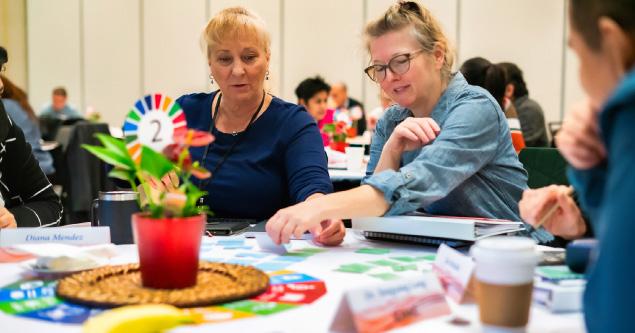
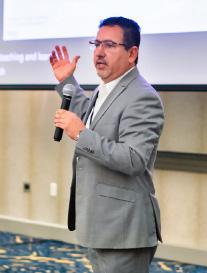
connect their course with contemporary issues, allowing for deeper understanding. With that, they garner a new series of resources and viable practices to apply to their instruction. When faculty apply this new knowledge and coordinate applied learning opportunities for students, both are able to explore new possibilities and enhance their critical thinking skills needed to imagine a sustainable future.
The event showcased a diverse participant composition, with a total of 82 individuals representing various demographics.
The attendees were categorized into different groups, including 37 faculty members, 4 staff, 14 guest presenters, 5 keynotes, 5 graduate students, 9 undergraduate students, and 8 community members.
This diversity extended across the spectrum of colleges within the institution, with notable participation from the College of Engineering & Computer Science, Fine Arts, V. COBE, College of Education & P-16 Integration, College of Health Professions, College of Liberal Arts, School of Nursing, Sciences, and School of Social Work, totaling 36 individuals.
The two-day schedule was meticulously organized, incorporating presentations, curriculum integration sessions, and immersive engagement activities from 8 am to 4:45 pm on both days. This deliberate time allocation not only fostered meaningful discussions but also played a pivotal role in creating a vibrant and enriching experience for all participants, amplifying the overall impact of the event.
UTRGV Faculty
Staff
Guest Speakers
Keynotes

EMBASSY SUITES BY HILTON
MCALLEN CONVENTION CENTER
MCALLEN, TEXAS
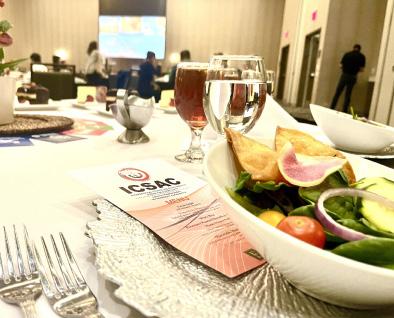
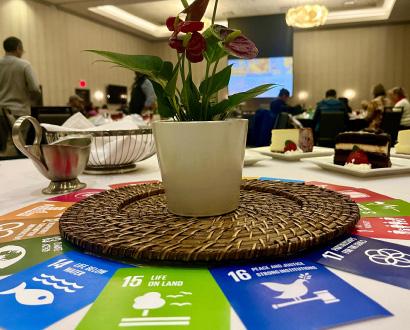

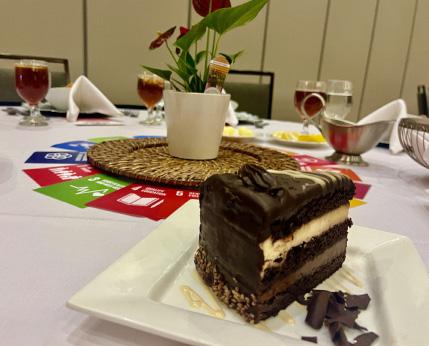
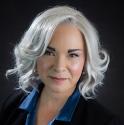
Mrs. Marianella Franklin serves as Visionary Sustainability Executive and Leader for Sustainable Development Operations, Programs, and Academia for UTRGV. Since she established the Office for Sustainability in 2009, Marianella has accelerated institutional progress in academics, educating the next generation of professional leadership, driving interdisciplinary sustainability research, and creating outreach opportunities with businesses, non-profit organizations, policymakers, and the community. Every year, she commits her time to hosting ICSAC. From developing sustainability content to designing the conference experience to reaching out to partners to host them as speakers, Mrs. Franklin plays a crucial role in this most impactful faculty development program.
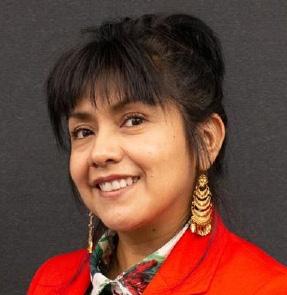
Dr. Teresa Patricia (Paty) Feria is a full professor at the UTRGV Biology Department. She serves as Associate Dean for Faculty Success at the College of Sciences (COS) and as a UTRGV Provost Fellow and Office for Sustainability Fellow. A native of Mexico City, Dr. Feria joined UTRGV in 2008 after earning a B.S in Biology and a M.S in Animal Biology from the National Autonomous University of Mexico (UNAM) and a doctoral degree in Biology at the University of Missouri-St. Louis. Her research focuses on understanding the present and future distribution of living organisms under climate change scenarios, making her a passionate advocate for sustainability and a distinguished mentor and co-host for ICSAC.
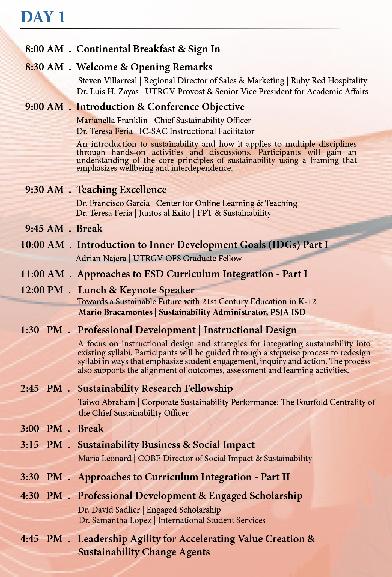
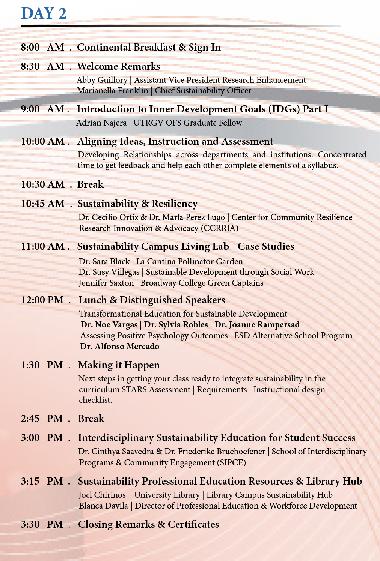
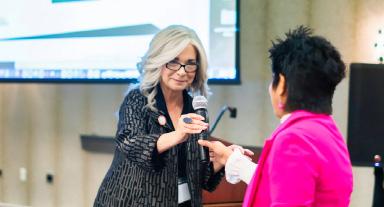
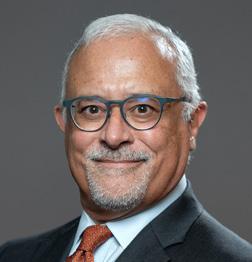
Luis H. Zayas
Provost & Senior Vice President UTRGV Academic Affairs
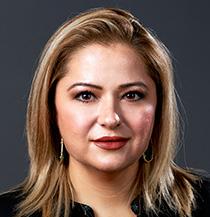
Dr. Samantha Lopez Director
UTRGV International Admissions & Student Services
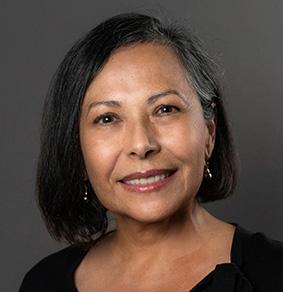
Dr. Susy Villegas
Associate Professor UTRGV School of Social Work
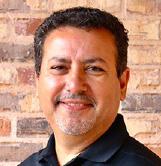
Dr. Francisco Garcia Director
UTRGV Center for Online Learning & Teaching Technology
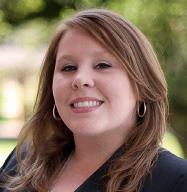
Abby Guillory Assistant Vice President UTRGV Division of Research
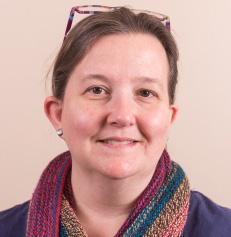
Jennifer Saxton Associate Professor UTRGV College of Fine Arts
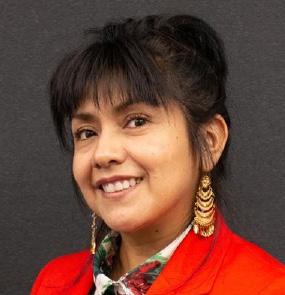
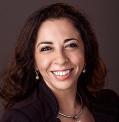
Associate Professor UTRGV Biology Department
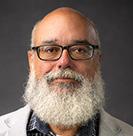
Dr. Cecilio Ortiz Department Chair UTRGV Department of Public Affairs & Security Studies
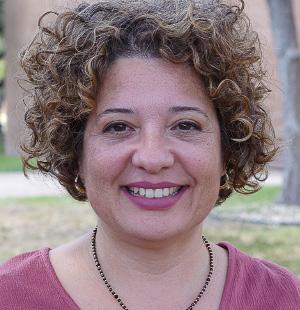
Dr. Cinthya Saavedra Associate Dean UTRGV Faculty Success
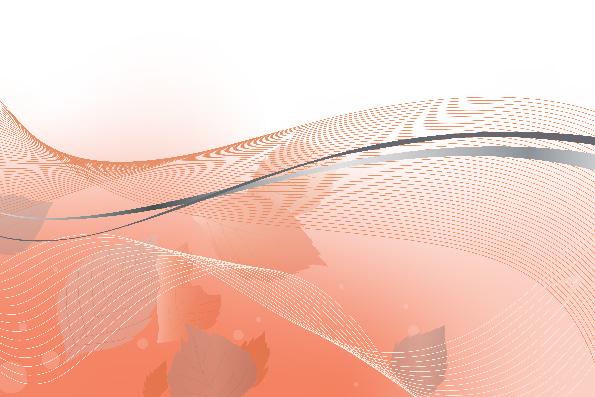
Maria Leonard Lecturer UTRGV RCV College of Business & Entrepeneurship
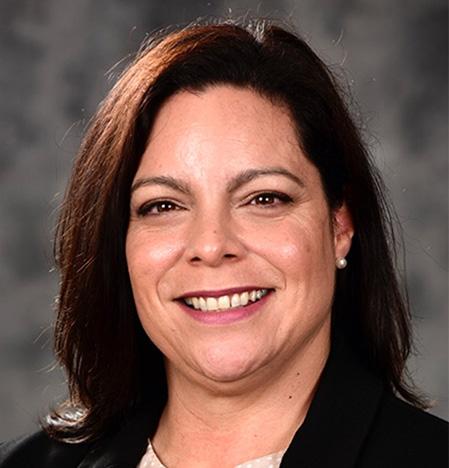
Dr. Marla Perez Lugo Professor UTRGV Department of Sociology
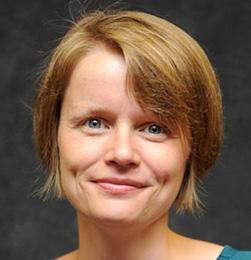
Dr. Friederike Bruehoefener
Associate Professor UTRGV School of Interdisciplinary Programs and Community Engagement
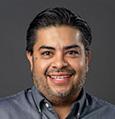
Joel Chirinos Head of Research and Instructional Services UTRGV University Library
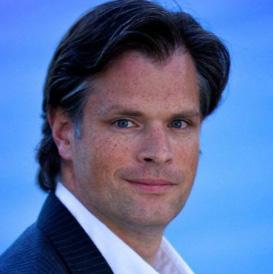
Associate Professor UTRGV School of Music

Lecturer UTRGV Department of Biology

Davila Director Professional Education and Workforce Development (PEWD)
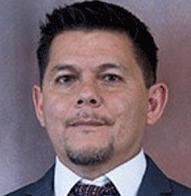
Mr. Bracamontes is the newly appointed Sustainability Administrator for PSJA ISD. He has a background in education and founded the Second Chance Foundation, which helps students re-engage in education. As the former principal at Buell Central, he implemented education for sustainable development, offering students who had been removed from campus a second chance through hands-on sustainability projects.
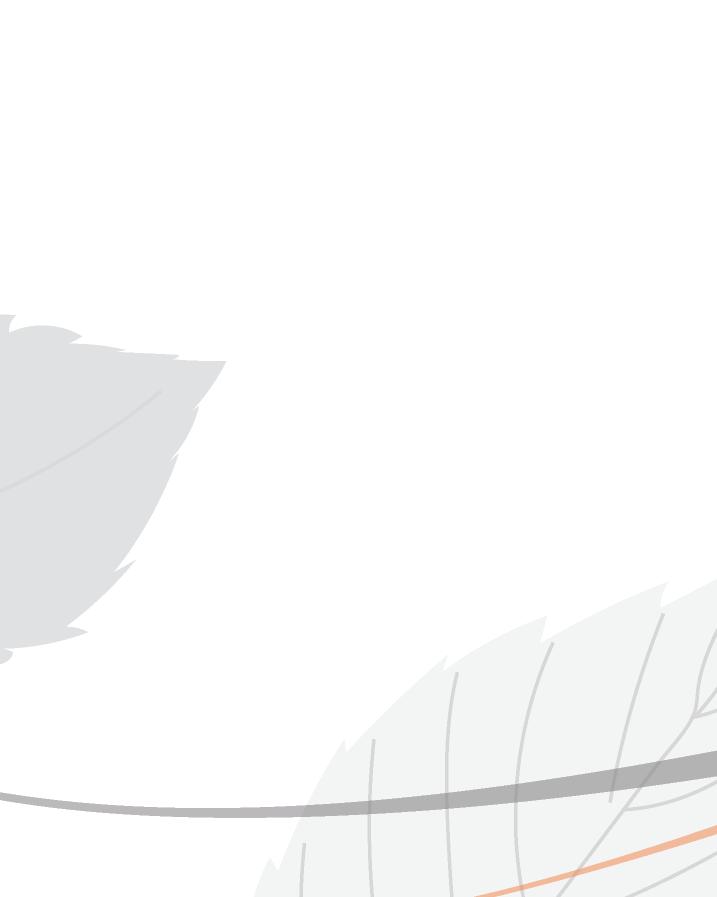
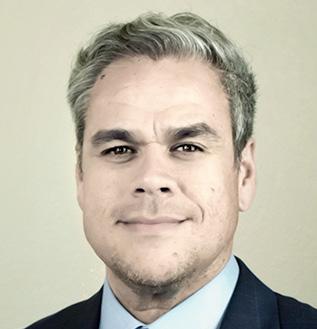

Under Mr. Bracamontes’ leadership, Buell Central achieved success in sustainability education, including urban ecology, hydroponics, and clean energy. They received accolades, grants, and opportunities for student internships. In his keynote address, Mr. Bracamontes spoke about how teachers at PSJA ISD have embraced the challenge of integrating sustainable development concepts into their classrooms, urging higher education faculty to continue this effort at the university level. He also demonstrated how K-12 student success is dependent on understanding how sustainability is a major component of STAR assessments.


Dr. Alfonso Mercado is a Licensed Clinical Psychologist and Associate Professor at the University of Texas-Rio Grande Valley. He specializes in Cognitive Behavioral Treatment, Dialectical Behavior Therapy, and Multicultural and Forensic Psychology. As Director of the Multicultural Clinical Lab, Dr. Mercado focuses on treatment efficacy with culturally diverse groups, research on personality and substance abuse among Latino populations, and the examination of trauma and resiliency in recent immigrants.
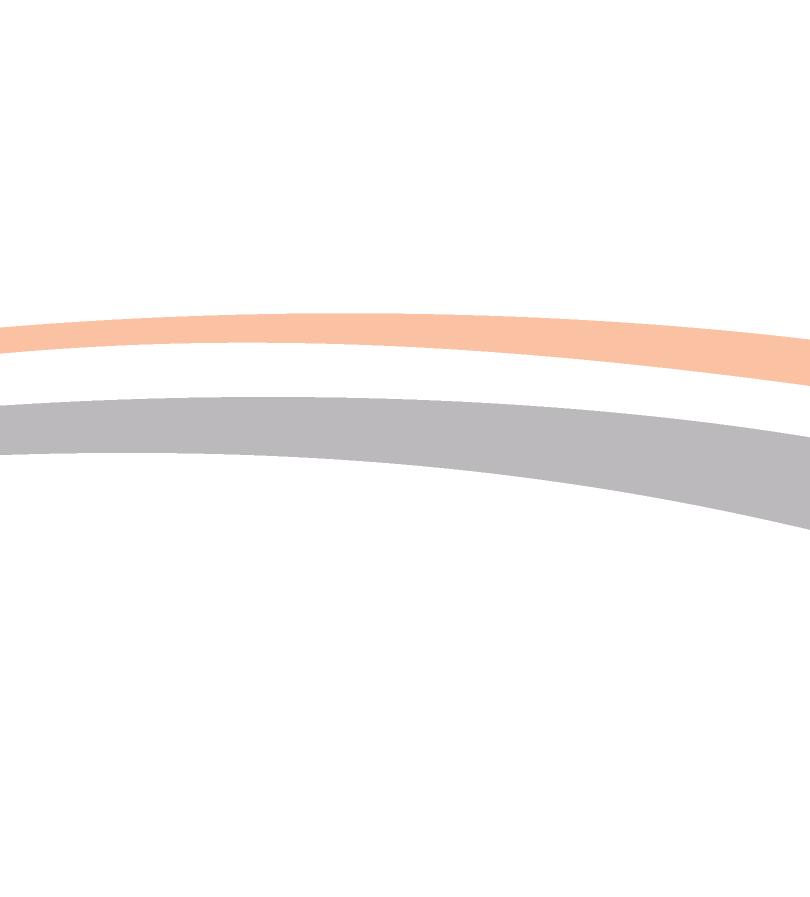

Dr. Mercado shared the project “Assessing Positive Psychology Outcomes in the ESD Alternative School Program” which focuses on assessing the positive psychological outcomes and mental health symptoms of students attending the Buell Central high School, an alternative disciplinary education program in the PSJA school district. The program aims to empower students to make positive life choices and reduce high school dropout rates. It incorporates sustainability efforts such as outdoor conservation, growing, and community outreach, including projects involving aquaponics, clean energy alternatives, and composting.

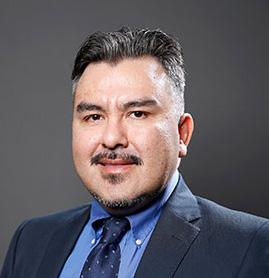
Dr. Noe Vargas

Assistant Professor
UTRGV College of Engineering & Computer Science
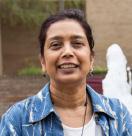
Dr. Joanne Rampersad
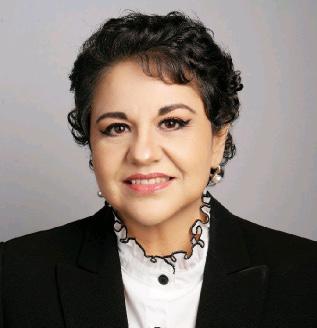
Dr. Sylvia Robles

Associate Professor
UTRGV School of Earth, Environmental & Marine Sciences

Assistant Professor of Practice
UTRGV RCV College of Business & Entrepreneurship
Dr. Rampersad, a scientist, Dr. Robles, an entrepreneur, and Dr. Vargas, an engineer, decided 5 years ago to offer their students authentic learning experiences that prepare them to face these real-life challenges. However, this multidisciplinary collaboration has been painstakingly built step by step. In this talk, the speakers told the story of this unique collaboration, the beginnings, challenges, ups and downs, and their practical “rules of engagement” that makes this an exemplary multidisciplinary sustainable collaboration. The collaboration model can be theoretically represented with multiple interconnected helices (biology, engineering, entrepreneurship, society, etc.), but in practical terms it can be simply summarized as “we are one team”.




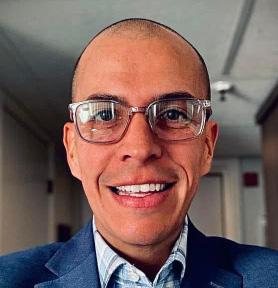
Adrian Najera UTRGV Sustainabilty Graduate Fellow

During the ICSAC conference one of the main focuses was introducing the inauguration of the Leadership Sustainability Program to be launched in the Spring of 2024. The intention of the program is to integrate the inner development dimensions on the individual and collective levels into the understanding and actionable approaches to sustainable ways of living so that future leaders can have a more holistic perspective and mindset around sustainability efforts.


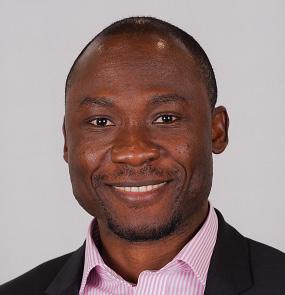
Abraham UTRGV Sustainabilty Graduate Fellow


The Sustainability Fellowship takes a dive into corporate responsibility for sustainable practices and investments that secure longevity. Taiwo Abraham’s research, Sustainability Education in HigherEd: Insights from a Study of the Evolving Role of Chief Sustainability Officers and their influence their similarities and differences between companies, in an effort guide corporations in resiliency and to make impacts that influence the world, business education, and development of future leaders. By infusing sustainability competencies within business education, the transition of leaders which care about their companies social, economic, and environmental impacts is easier. Having Sustainability Officers within business leadership is more crucial now than ever, Taiwo’s research implicates


“Overall, the conference was a great experience! It was very interesting to see how well people from different departments collaborated to develop some great solutions to local issues.”

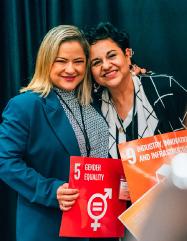
Throughout this conference, we all have witnessed the power of transdisciplinary collaboration and the benefits it brings to your practice and student learning outcomes. With this newfound knowledge, you are now equipped to champion sustainability within your curriculum and classrooms. Your dedication will make a meaningful impact on future generations. Thank you for your commitment and for embracing the vision of a sustainable future through education.
UTRGV’s commitment to education for sustainable development across disciplines is unwavering, and together, the ICSAC conference has laid the groundwork for a future where education drives meaningful change. Let’s continue to integrate sustainability into the curriculum, fostering a generation of leaders dedicated to a more sustainable world.
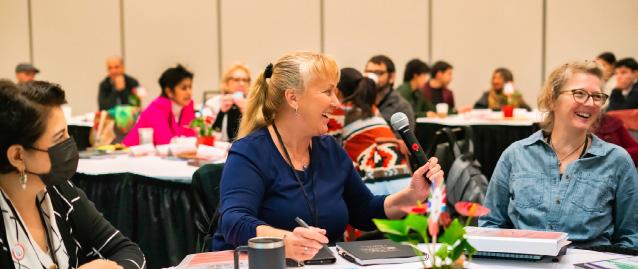
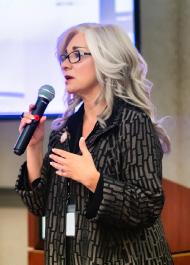
“It was interesting to me that so many people out there are designing curricula with sustainability in mind. It’s great to see faculty wanting to work with the people in the community and not just using them as a source of data.”
